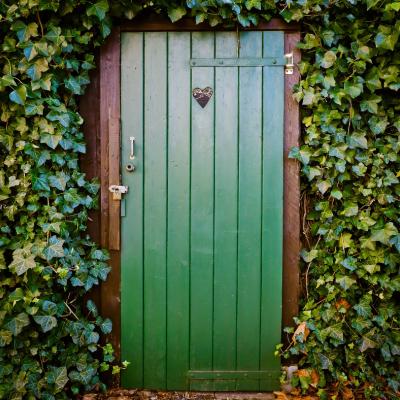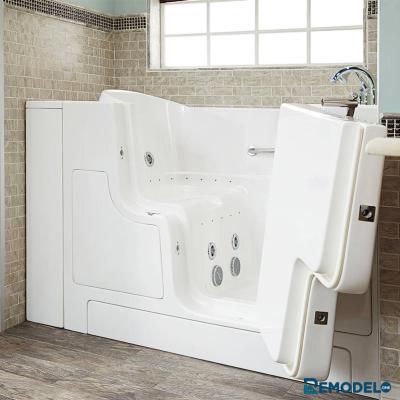Tips for Preventing Plumbing Hazards

Plumbing issues are every homeowner's nightmare. From leaky faucets to burst pipes, plumbing problems can cause significant damage to your home and disrupt your daily life. However, with proper maintenance and preventive measures, you can minimize the risk of plumbing hazards and ensure the smooth operation of your home's plumbing system. In this article, we'll explore essential tips for preventing plumbing hazards and safeguarding your home.
Regular Inspections:
Regular inspections of your home's plumbing system are essential for identifying potential hazards before they escalate into major problems. Inspect visible pipes, faucets, and fixtures for signs of leaks, corrosion, or damage. Pay attention to water stains on walls or ceilings, as they may indicate hidden leaks. Additionally, check for unusual odors or sounds, which could signal underlying plumbing issues.
Maintain Proper Water Pressure:
High water pressure can put stress on your plumbing system, leading to leaks, burst pipes, and other hazards. Install a pressure regulator to maintain a consistent and safe water pressure level throughout your home. Regularly monitor water pressure and adjust the regulator as needed to prevent excessive pressure buildup.
Insulate Pipes:
During colder months, freezing temperatures can cause unprotected pipes to freeze and burst, resulting in costly water damage. Insulate exposed pipes in unheated areas such as attics, crawl spaces, and exterior walls to prevent freezing. Use foam pipe insulation or heating tape to provide added protection against freezing temperatures.
Prevent Clogs:
Clogged drains are a common plumbing issue that can lead to backups and overflows. Avoid disposing of grease, food scraps, hair, and other debris down drains to prevent clogs from forming. Use drain strainers or screens to catch debris and regularly clean them to maintain proper drainage. Additionally, avoid flushing non-flushable items down toilets to prevent toilet clogs.
Monitor Water Usage:
Monitoring water usage can help you identify leaks and conserve water, reducing the risk of plumbing hazards and lowering your water bills. Keep track of your water meter readings and look for any sudden increases in usage, which may indicate a hidden leak. Fixing leaks promptly can prevent water damage and save you money in the long run.
Schedule Preventive Maintenance:
Don't wait for a plumbing emergency to occur before addressing potential hazards. Schedule preventive maintenance with a licensed plumber to inspect your plumbing system and address any issues before they escalate. Professional maintenance can help identify hidden leaks, worn-out pipes, and other potential hazards, allowing you to take proactive measures to prevent costly repairs.
Protect Against Backflow:
Backflow occurs when contaminated water flows back into the clean water supply, posing a serious health risk to you and your family. Install backflow prevention devices on your plumbing system to prevent backflow incidents and protect the integrity of your water supply. Regularly test and maintain backflow prevention devices to ensure they function properly.
Know Your Shut-Off Valves:
In case of a plumbing emergency, knowing the location of your shut-off valves can help minimize damage and prevent flooding. Locate the main shut-off valve for your home's water supply and make sure everyone in your household knows how to operate it. Additionally, familiarize yourself with the location of individual shut-off valves for sinks, toilets, and appliances to quickly isolate water flow in case of a leak.
Invest in Professional Installation:
When installing new plumbing fixtures or appliances, invest in professional installation to ensure proper functioning and prevent potential hazards. Licensed plumbers have the expertise and experience to install plumbing systems correctly, minimizing the risk of leaks, bursts, and other issues. Additionally, hire a professional for any plumbing repairs or modifications to maintain the integrity of your plumbing system.
Educate Your Household:
Finally, educate everyone in your household about the importance of proper plumbing maintenance and preventive measures. Teach them how to use plumbing fixtures and appliances responsibly, avoid flushing non-flushable items down toilets, and report any signs of plumbing problems promptly. By working together as a team, you can prevent plumbing hazards and protect your home from water damage.
In conclusion, preventing plumbing hazards requires diligence, maintenance, and proactive measures to safeguard your home's plumbing system. By following these tips, you can minimize the risk of leaks, bursts, clogs, and other plumbing issues, ensuring the long-term integrity and functionality of your plumbing system. Don't let your pipes burst your bubble – take preventive action today to protect your home and your peace of mind.


